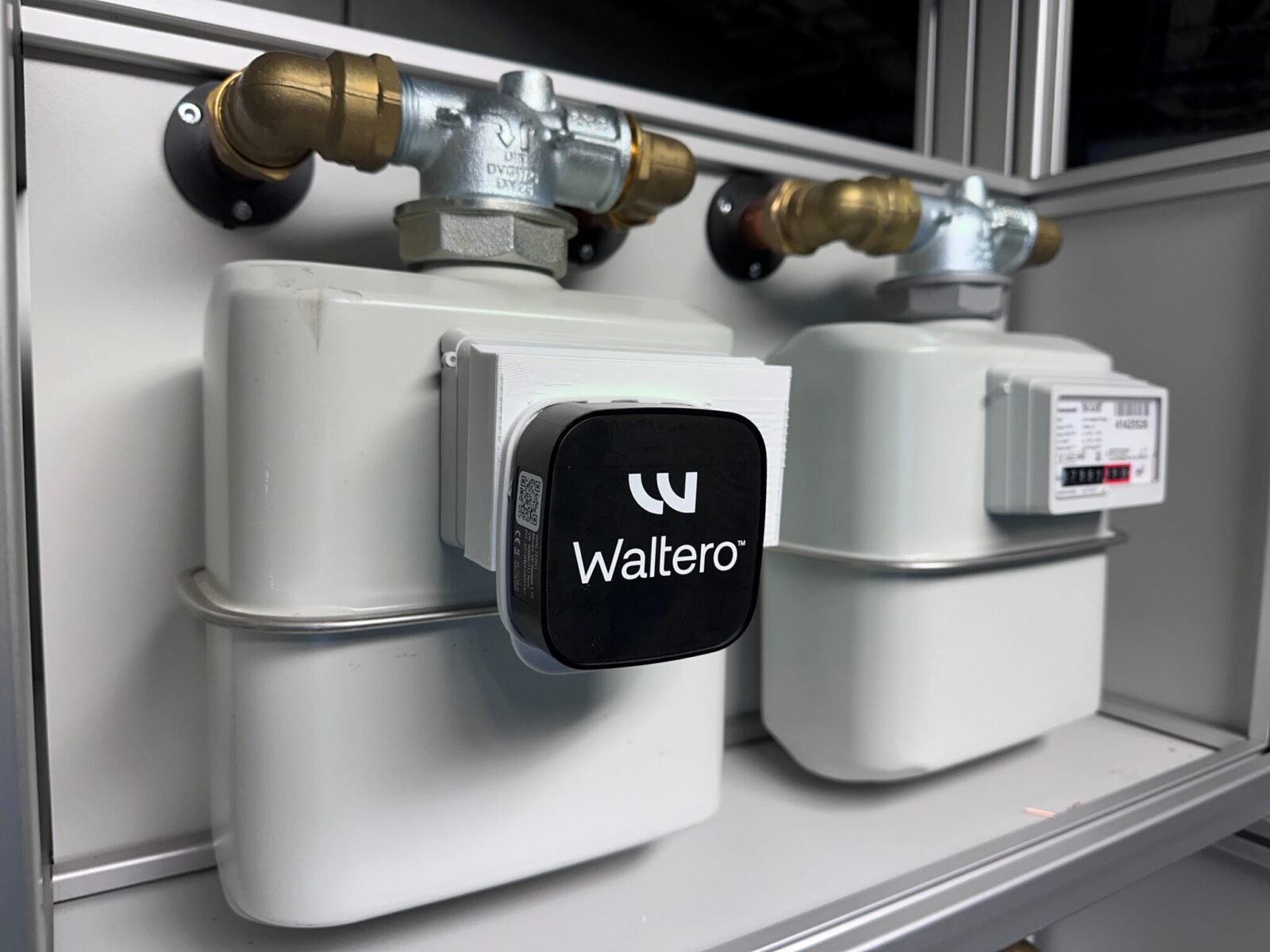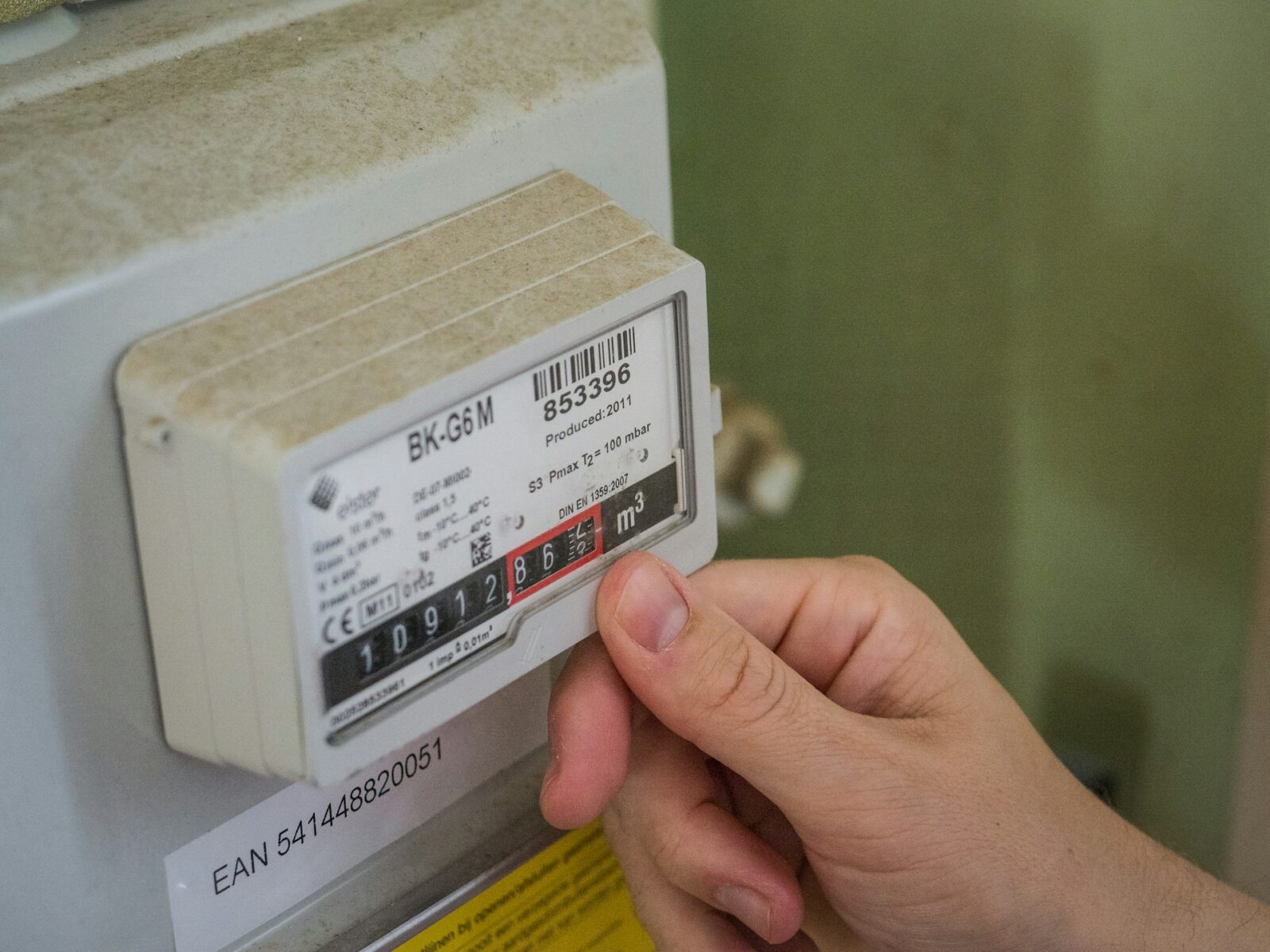In today’s fast-paced digital age, the conversion of analog meters to SMART meters presents utility companies with a compelling opportunity to not only improve their services but also realize significant operational cost savings. Smart metering systems are a prime example of an investment that, despite an initial upfront cost for hardware and implementation, can lead to substantial savings over time. By enabling more efficient energy usage and minimizing waste, these systems become cost-effective solutions that appeal to economically and environmentally conscious customers. There are a few cost aspects tied to smart metering systems that are worth considering, such as cost-effectiveness, pricing strategies, revenue streams, and economic benefits and challenges.
Typical cost structures on the market
Many of the companies on the market may require customers to enter into lengthy contracts that are difficult and costly to exit, or they may use proprietary technologies that are incompatible with other systems. This can make it nearly impossible for customers to switch providers without incurring additional costs or experiencing disruptions to their service. Such practices can lead to a feeling of being trapped, with customers resenting the lack of alternatives and flexibility. This can tarnish the company’s reputation over time and limit its opportunities for growth and customer retention in the long term.
Moreover, regulatory bodies may view these restrictive practices unfavorably, leading to potential legal and public relations issues for these companies.
As many other companies on the market lock their customers to their respective ecosystems, Waltero’s model is unbound to specific suppliers, making it a flexible, end-to-end solution. Problems arise when you have to buy components from several suppliers and integrate them yourself. You then have to keep track of service agreements and upgrades yourself. In the integration interfaces, doubts may arise as to who is responsible for any costs. Waltero offers a single point of contact – one invoice, one cost to budget. With a payment solution that is organization-adjusted, Waltero can integrate existing digital meters into the system.
Waltero offers both capex and opex payment solutions without any hidden fees. The operational costs are easy to manage, and Waltero is offering flexible payment schedules. In terms of operational costs, the fee is always dependent on the number of connection points and services used.
Different aspects of cost savings
For utilities and industries
Firstly, consider the labor-intensive process of manual meter reading. Utility personnel previously had to visit each site individually, a task that incurred substantial costs in labor, vehicle maintenance, and fuel. With SMART meters, this tedious task becomes obsolete, as real-time data can be accessed and analyzed remotely, translating to direct savings.
With the real-time data provided by SMART meters, billing becomes more timely and accurate. This enhancement reduces customer billing complaints and streamlines resolution processes, cutting down customer service operational costs. The enhanced accuracy of readings also facilitates better demand response management. Utilities can pinpoint and manage peak loads more efficiently, thereby sidestepping the high costs of peak power generation.
Outages, a major pain point for both consumers and utilities, can be more swiftly detected and addressed with SMART meters. By notifying utilities instantly when an outage occurs, they can act faster, leading to enhanced customer satisfaction and reduced associated costs.
One of the less visible but equally impactful benefits is in the area of energy theft detection. By identifying irregularities indicating potential tampering or unauthorized use, utilities can curtail losses that, in some regions, account for a significant chunk of operational costs.
Furthermore, the continuous flow of data from SMART meters aids utilities in enhancing load forecasting. With precise predictions, they can optimize power generation, thereby conserving fuel and extending the lifespan of their equipment. This continuous data stream also benefits infrastructure management. By keeping a finger on the pulse of the infrastructure’s health, utilities can preemptively tackle potential issues, averting costly breakdowns and unplanned outages.
Operational efficiencies are further realized by streamlining various processes. With integrated data, tasks from billing to customer service can be automated, slashing administrative overheads. Lastly, in an era where environmental consciousness is paramount, SMART meters play a pivotal role in regulatory compliance. They aid utilities in tracking and demonstrating adherence to energy efficiency and emissions reduction mandates, thereby sidestepping potential fines.
For consumers and households
From the consumer’s perspective, SMART meters empower them with insights into their real-time energy usage. Informed consumers can better manage and reduce their consumption, ultimately translating to lower generation and transmission costs for utilities.
To put things into perspective, in a study done in January 2022, the Department for Energy Security & Net Zero engaged BIT to review analyses from the top ten domestic energy suppliers concerning the impact of smart meters on energy consumption. To account for the varied research methodologies, BIT created a structured review framework and subsequently conducted an extensive meta-analysis. Their findings indicate that smart meters lead to an average reduction of 3.4% in electricity usage and 3.0% in gas consumption. These results reinforce the notion that smart meters play a vital role in helping households conserve energy, aligning with the primary motivation behind their deployment.
Conclusion
In conclusion, transitioning from analog to SMART meters isn’t just a technological upgrade; it’s a strategic move that can significantly lower operational costs while enhancing service delivery. With the Waltero system, the customer gets an information infrastructure that is easy to monitor cost-wise. Waltero is flexible and offers several different payment models hence the customer can choose the best option regarding their policies.

